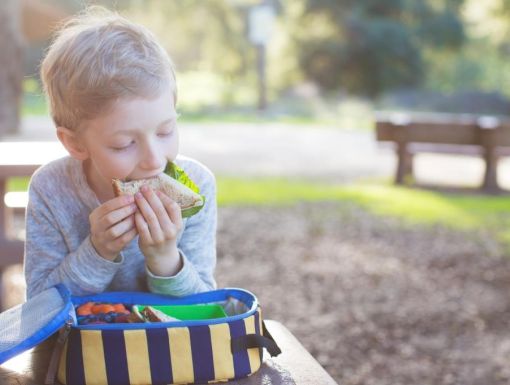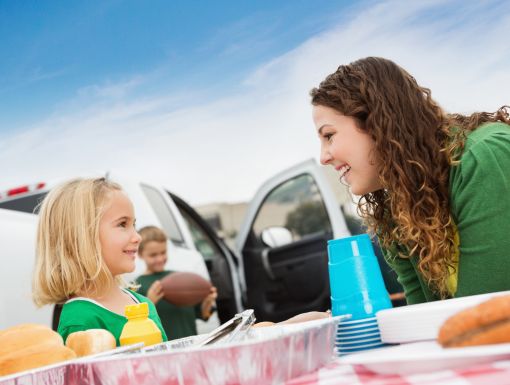
Child Language Development and Play
Most people think of play as a fun way to interact with children. That’s true! However, it is also an important factor in a child’s overall development, including their language skills. Since May is Better Hearing and Speech Month, we’re taking a look at a few ways to encourage language development through play.
Open ended activities and toys
Open ended activities are a great way to interact with your child and encourage language development. Pretend play encourages children to access words outside of their everyday vocabulary - come up with fun scenarios and follow your child’s lead to see how it plays out. Maybe their baby doll got a “boo-boo” and has to go to the doctor, or their stuffed puppy is running away to go on an adventure!
This is a perfect time to use strategies known as expansions and extensions. In other words, take your child’s speech and expand on it. If they say “Puppy run!” you might say “Yes, the puppy runs fast!” If they say “Baby hurt,” you might say “Uh oh, does baby need a bandage?”
Simple games
Board games like peekaboo, rolling a ball, stacking blocks, completing a puzzle and songs encourage imitation and turn-taking. Even before your child can speak, these abilities aid in development of conversation and social skills.
When it is your child’s turn, use body language, facial expressions, verbal cueing or a pause to facilitate his/her initiation and independence. For example, roll the ball to them and then hold out your hands to signal for them to roll it back. You could also sing “Twinkle twinkle little…..”, and let them fill in “star!”
Storybooks
Storybooks are an excellent resource to target several language skills including vocabulary development, picture recognition and naming, storytelling/retelling, using adjectives, following directions, and answering questions.
Use commands such as “Turn the page” or “Point to the…” or ask questions, talk about pictures, label objects and actions. It’s not necessary to read the words at first – you can use books to target pre-literacy skills such as pointing to words and letters or predicting what will happen based on illustrations.
Let your child choose a book, and once they are familiar with the story, pause to let them finish some sentences. Books are written at different levels, so use repetition and focus on a variety of topics.
Outdoor play
Outdoor play not only encourages following directions and sequencing, it also develops the social skills of language such as joining in, cooperation, and compromise. Because some of our children learn best through movement, you can encourage language development through activities such as gardening, “Simon Says”, blowing bubbles and organized team sports.
Exploring outside with games like “I Spy…” can help children learn nature and weather-related words. You might also take videos and pictures of your outdoor activities so that you can talk about them later.
There are plenty of opportunities to incorporate speech and language filled play into everyday routines. Follow your child’s lead and be creative. Most importantly, have fun playing with your child!



